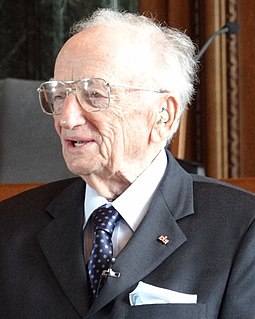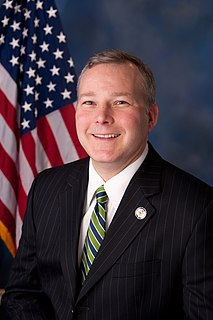A Quote by Henry Ward Beecher
Riches without law are more dangerous than is poverty without law
Related Quotes
Freedom cannot always continue in comfort and convenience, cannot be assured without sacrifice, without truth and decency, without willingness to work, without downright honesty and honor, and readiness to keep the commandments and live within the law...there is no liberty without a real respect for law; no liberty if we forget God, or fail to remember the principles on which freedom is founded.
The law is more easily understood by few than many words. For all words are subject to ambiguity, and therefore multiplication of words in the body of the law is multiplication of ambiguity. Besides, it seems to imply (by too much diligence) that whosoever can evade the words is without the compass of the law.
The civil magistrate cannot function without some ethical guidance, without some standard of good and evil. If that standard is not to be the revealed law of God (which, we must note, was addressed specifically to perennial problems in political morality), then what will it be? In some form or expression it will have to be the law of man (or men) — the standard of self-law or autonomy.






































